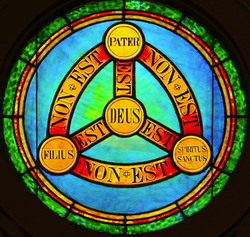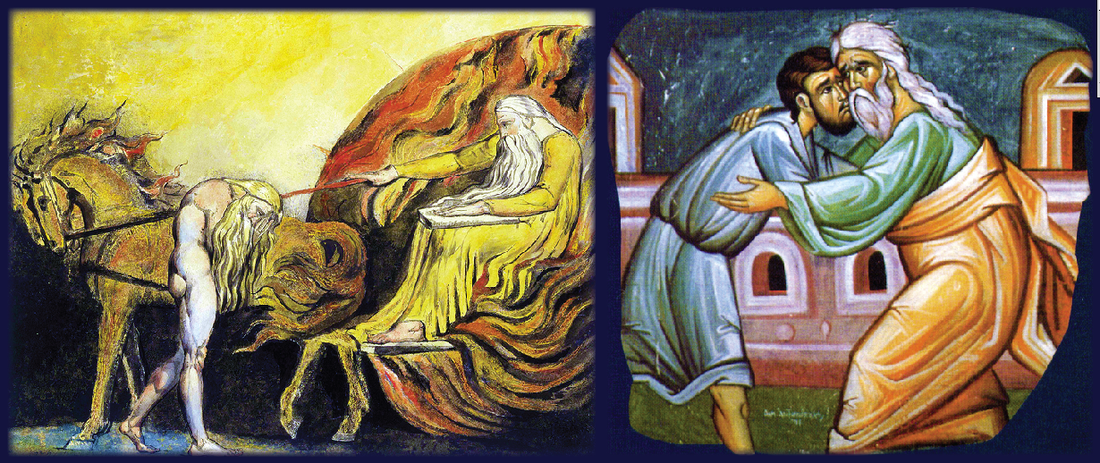
Here is my “I have a dream” description of what this could be like. The form it will take is to proclaim a perennial truth, bring forth the polarities of the past century concerning this truth, and then offer my idea of the synthesis, especially as it would be manifest in the character of Catholics of the future.
Please be sure to note that this chapter by no means purports to be the synthesis. My colleagues and I desire that Toward a Twenty-first Century Catholic World-view be an ongoing project. I do not expect that every writer in the book will agree with everything in my chapters or, when they do agree, that they will choose the same examples to illustrate such general points.

Nothing could be more basic to Catholic Realism than this first proclamation of our Creed. However, the twentieth century saw the denial of this truth by large numbers of people including those professing scientism (the theory that anything not suitable for scientific verification doesn’t exist) and communism. Among those who did believe in immaterial realities, the past century saw many who no longer thought of God as the Father and Creator but more as a divine energy.

Among non-Catholic Christians, the impact of what was mocked by some as Fundamentalism, was enormous. By the end of the year 2000 attendance at such churches was greater than that at of main-line denominations. “Do you know Jesus as your personal savior?” became the question asked of everyone by evangelists of such churches.

What about the parish Catholic? Whereas born-Catholics of the first half of the twentieth century were taught the basic truths found in the Baltimore Catechism including, of course, the Creed, at Catholic schools or catechism programs, by the end of the twentieth century we have a different story.

After the glorious Second Vatican Council, many universities dropped the six course neo-Thomist sequence requiring, instead, only one or two courses in philosophy and theology. Many writers of catechisms were convinced that older ways of teaching were rote and failed to convey the personal love of God so essential for real faith. In the process of rewriting the catechism, some experts managed to marginalize belief in specific Catholic teachings to the point where their students no longer could answer such questions as “What does the word Trinity mean?”


As we proceed into the twenty-first century, I am delighted to see courses on how to refute atheism making use of the writings of scientists. You will see in this book, Toward a Twenty-first Century Catholic World-view, writings by professors who see science and faith as partners, not enemies.

On the other hand, neither do I want to hear God defined as “the Father in heaven who loves me so much that he will never judge me no matter what I do.”


 RSS Feed
RSS Feed